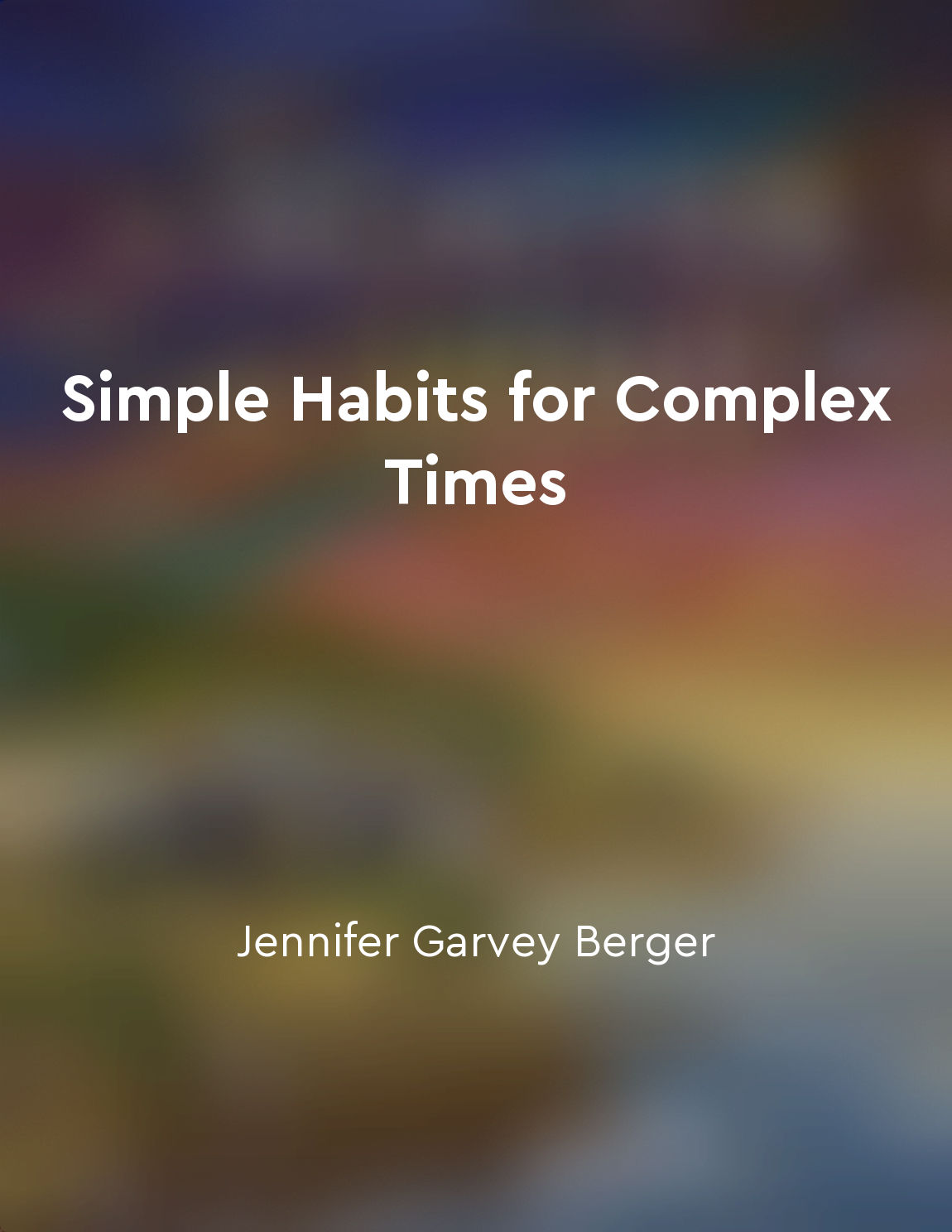Fostering emotional regulation skills from "summary" of The Yes Brain by Daniel J. Siegel,Tina Payne Bryson
Fostering emotional regulation skills involves helping children develop the ability to manage their emotions in a healthy and constructive way. This skill is crucial for overall well-being and success in life. When children are able to regulate their emotions, they can better navigate challenges, build resilience, and form healthy relationships. One key aspect of fostering emotional regulation skills is teaching children to recognize and label their emotions. By identifying what they are feeling, children can begin to understand the reasons behind their emotions and learn how to respond appropriately. This self-awareness is a fundamental building block for emotional regulation. Another important component of fostering emotional regulation skills is helping children learn effective coping strategies. This may involve teaching children techniques such as deep breathing, mindfulness, or positive self-talk. These strategies can help children calm themselves down when they are feeling overwhelmed or upset, allowing them to regain control of their emotions. In addition to teaching specific coping strategies, fostering emotional regulation skills also involves creating a supportive environment where children feel safe expressing their emotions. When children feel heard and validated, they are more likely to develop the confidence to manage their emotions effectively.- Fostering emotional regulation skills is about empowering children to understand, manage, and express their emotions in a healthy way. By helping children develop these skills, we can set them up for success in both their personal and academic lives.
Similar Posts
Emphasize flexibility and adaptability
Emphasizing flexibility and adaptability is crucial when it comes to raising human beings. It involves being open to change and...
Addressing maladaptive behaviors is a core aspect of CBT
In cognitive-behavioral therapy (CBT), addressing maladaptive behaviors is considered a fundamental component of the treatment ...
Embrace feedback for personal development
Feedback is a powerful tool for personal growth and development. It provides valuable insights into our strengths and weaknesse...

Foster collaboration
To foster collaboration in complex times, it is crucial to create spaces where people can come together to share their perspect...
Reflecting on past experiences can enhance parenting skills
When we take the time to reflect on our past experiences, we are able to gain valuable insights into our own emotions, behavior...
Emotional intelligence impacts relationships and success
The ability to understand and manage our own emotions, as well as recognize and influence the emotions of others, plays a signi...
Cultivating a growth mindset can reduce anxiety around challenges
When we face challenges, it's natural to feel anxious. We worry about failing, making mistakes, or not measuring up to our own ...
Social skills are essential for building relationships and communicating effectively
Social skills play a crucial role in our ability to form and maintain relationships with others. These skills are essential for...
Emociones son herramientas para el crecimiento personal
According to the authors, emotions play a crucial role in our personal growth and development. They are not just fleeting react...

Encourage and support your child's interests and passions
When parents take an interest in their child's interests and passions, they are showing that they care about what is important ...

